Welcome back to our second part of our What The Gluten? series! If you missed Part 1: What is Gluten? go give it a quick read. As we’ve mentioned in the past, we’re asked on a near daily basis… “do you have anything that is gluten free?”
And man do this question annoy me! Partly because our name alone insinuates that we are gluten lovers. Honestly, I attribute the popularity of this question to the lack of understanding around gluten, which is why we’ve created this series.
Is Gluten Bad For Me?
As a gluten free diet is now widely recognized and many people are implementing it in their lives. Some because they must and others because they’re curious. But for many, it’s still not entirely clear whether or not gluten is harmful to our bodies. The answer for most of us, is no.
The idea that gluten is bad for you is not baseless, but it should not be applied as a blanket claim. One in every 100 people worldwide is affected by Celiac disease, a genetic autoimmune disorder triggered by eating gluten. When someone with celiac eats gluten, their immune system launches an attack on their small intestine, damaging the lining and reducing its ability to absorb nutrients.
There are other gluten issues such as gluten intolerance or a wheat allergy. Both are real conditions and with each of these, you might see similar symptoms as with celiac, but neither will appear on blood test results nor will they result in long term intestinal damage.
So why is it that with people have been eating gluten for millennia it’s just recently become a problem?
There are several theories that could explain. One is that we’ve bred new wheat varieties to be hardier, withstand the elements more, and make mass production easier. Another is that farmers are using wheat varieties with higher gluten specifically because of their natural insecticide qualities. Along that same thread you have to consider the consequences of widespread pesticide use on crops. Another, easier to digest theory is simply that people are consuming more wheat-based products and more processed food than ever before.
The truth of the matter is that the prevalence of celiac and gluten intolerance is probably a little bit linked to all the theories in one way or another.
However, when it comes to gluten fear-mongering, the bottomline is this: for most of us, gluten itself is not the culprit. It’s the way our food is prepared, the quality of what we’re eating, and the quantity we consume.
Stay tuned for the third and final installment of What the Gl*ten: Sourdough and Gluten.
Written by Nicole Jennings & Victoria Capdevielle

